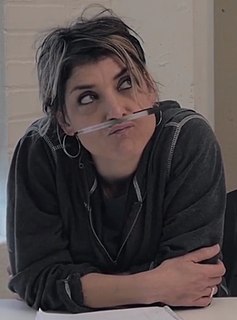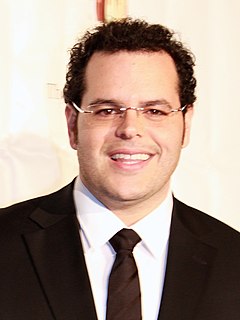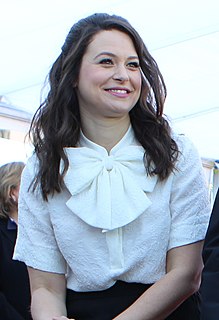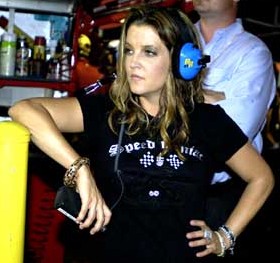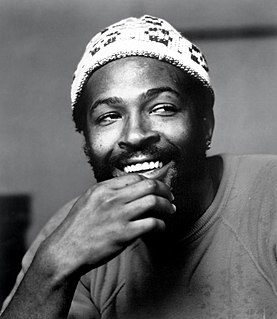A Quote by Ellen Forney
I had this sense that I was part of, sort of a lineage of artists and writers through history that have had mood disorders.
Related Quotes
I'm in a hallowed league of artists. Whether it's Billie Holiday or Rakim or Jimmy Hendrix or... I don't know, MGMT, we're all blessed to be able to create. It's a lineage that extends a long time. And to be able to be active in it and have made a difference in it, it's humbling. To know I had a place in all of this; that's the rewarding part.
I'm really fortunate to have been to the schools I've been to, and to have the experiences I've had. And, partly since my parents are retired teachers, I've got the desire to give back. When I knew that I had that instinct, I got certified (through the Creativity Coaching Association) and I started working with artists of all kinds - though now I focus on writers.
The actual truth about Gad is it's one of the original 13 tribes of Israel, so you can actually trace my lineage back to, like, those guys who had, like, a hand in the Bible and have since become very famous from that. So I come from very famous lineage. Granted, they didn't have cameras back then, so none of them had TV shows.
I realized that most white Americans knew very little about our history and our struggle, and were having difficulty understanding the basis for our agitation and our resistance and our complaints. I also discovered that while black Americans had a sense of the beauty and tragedy of the journey from the time of slavery until now, we were not rooted in the specifics. I thought one way to familiarize people with that history would be through the voices of the great folk artists.
It came to me…that I didn’t want to be anywhere else in the world at that moment, that what I was feeling at that moment justified all I had been through, because all I had been through was my being there. I was experiencing…a new self-acceptance, a sense that I had to be this mind and this body, its vices and its virtues, and that I had no other chance or choice.
In high school, I had a couple girlfriends who had very extreme eating disorders. Anorexia and bulimia. And in college as well. It's just heartbreaking. As someone going through it, it's heartbreaking. And as a friend who's helping a friend going through it, it's heartbreaking. It's a real, real disease.
I don't think I realized what was going to be the hardest part of becaming an artist until I dove off the diving board ... first I had to overcome a pre-speculated idea of me. I had to sort of burst through that and introduce myself, and that was the first hurdle, and then now sing in front of everybody, and then that was the second one, and I'm the offspring of - you know, who I'm the offspring of - I had a few hurdles to get through, no doubt about it. But the scales never tipped in the other direction too much.
